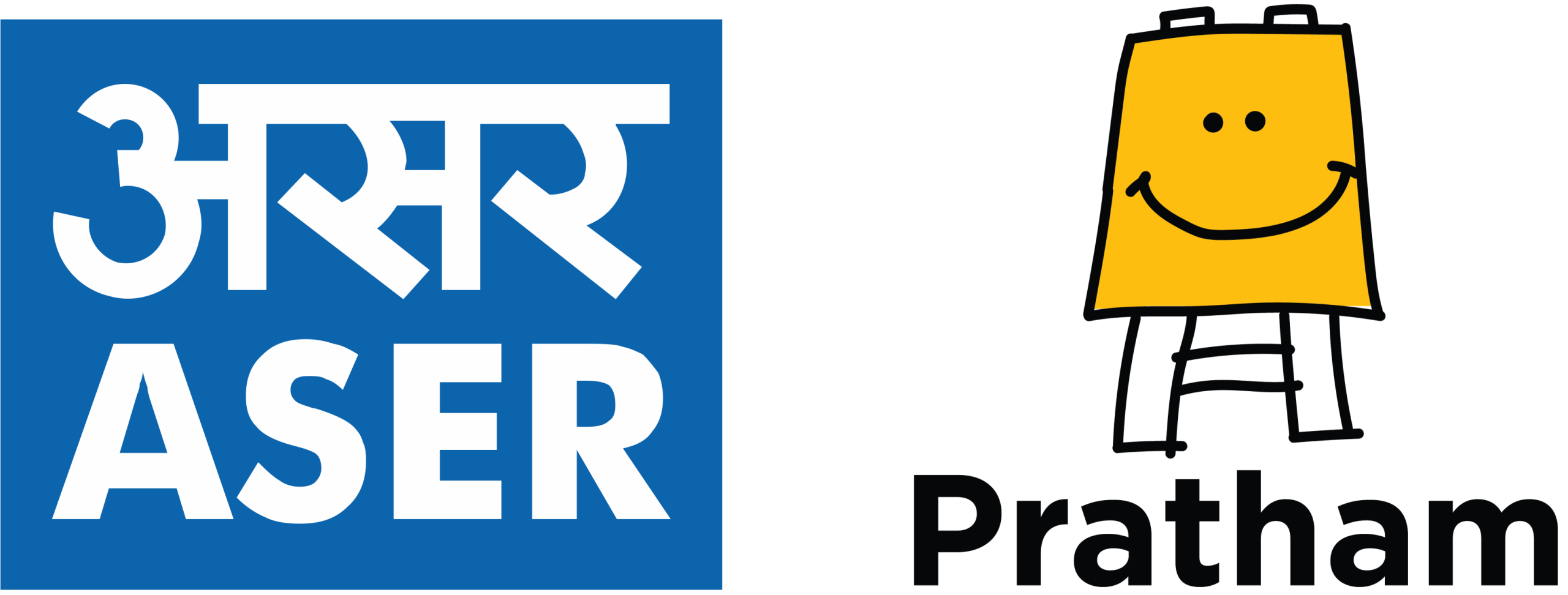ASER and National Education Policy
Impact of ASER
ASER & State Education Policies & Programmes
ASER findings have affected state educational policy and practice in several ways.
In July 2014, the Himachal Administrative Service Examination, conducted by the Himachal Pradesh Public Service Commission (HPPSC), carried a question on the ASER 2012 report findings. Click here to view the question.
- The assessment of learning outcomes has become a regular part of educational systems in many states across the country.
- Many states in India are now using ASER-like tools to measure progress.
- Programmes to improve learning outcomes have also been initiated in many states.
For example, In Rajasthan, the state government is addressing the importance of instruction in early grades. The “Aao Padhe Hum” programme launched in November 2009 aims to ensure that all students attain Std 1 and Std 2 level competencies. ASER is quoted in the SSA module prepared by the Rajasthan Council for Elementary Education.
In some states, government educational institutions have partnered with ASER to conduct the survey. ASER 2014 partnered with almost 250 District Institutes of Education and Training (DIETs) in 8 states. In Andhra Pradesh, students from the District Institutes of Education and Training (DIETs) conducted ASER for the eighth year in a row.

